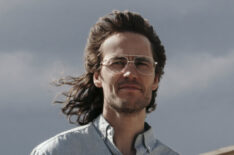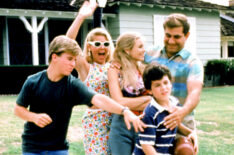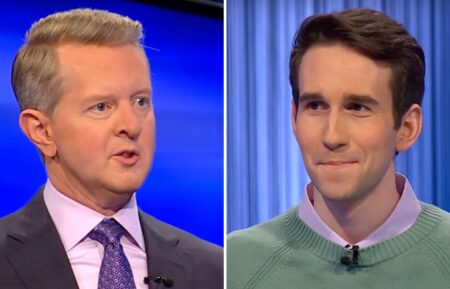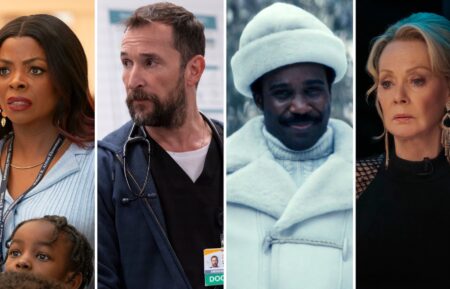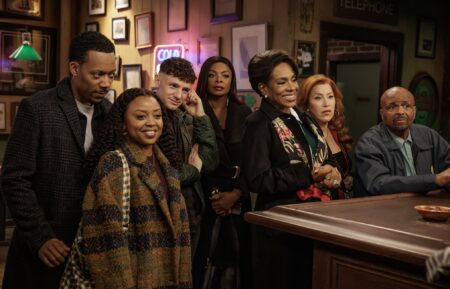The Spike TV-Paramount Network Shift—Plus, 5 Networks That Stayed the Same
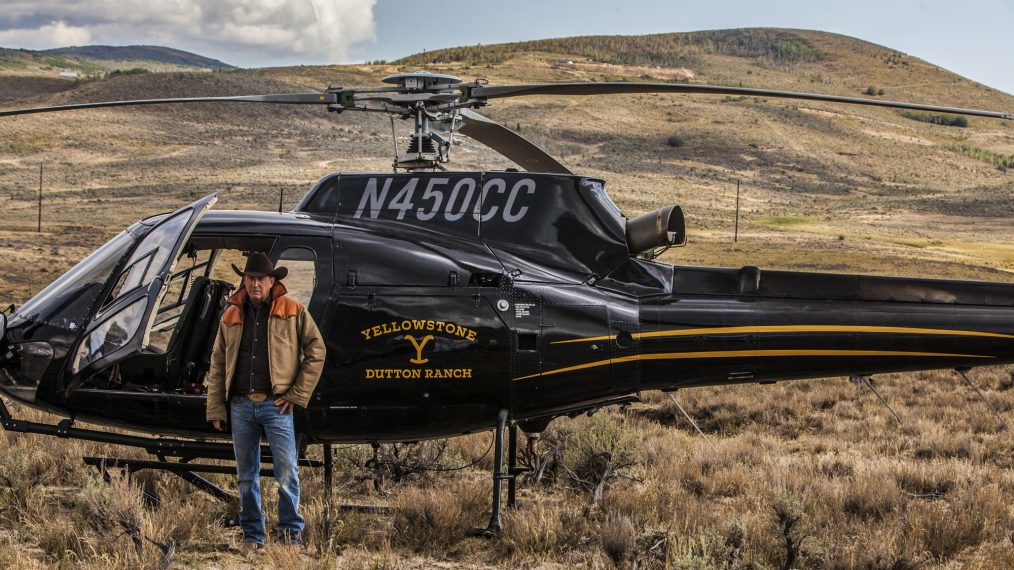
When a cable network changes its name or content, it’s almost always to appeal to a different, wider audience.
Take The Nashville Network. TNN began on March 7, 1983, as a country music and lifestyle alternative to MTV, which had launched two years earlier. Then in 2000, TNN kept its initials but rechristened itself The National Network, making room for classic series, wrestling, arena football and other “national” attractions.
In 2003, TNN became Spike TV, aimed at young males and airing shows like Bar Rescue and the competition series Lip Sync Battle.
Last month, Spike TV underwent another metamorphosis, emerging as the Paramount Network. The programming intention is to complement Paramount Pictures’ movies with new series like Yellowstone, starring Kevin Costner as a ranch owner (premiering later this year) and Heathers, based on the 1988 cult comedy, which begins March 7. (Many Spike TV holdovers like Lip Sync Battle and Ink Master also remain.) From a viewer’s point of view, I think this shift is a good one as it will bring more scripted drama.
Other networks have also changed for the better. When it began, HBO would air one or two uncut movies per night, and that was about it. Now it’s an industry leader, with some of the all-time best dramas, comedies and miniseries. AMC used to be called American Movie Classics and air such films uninterrupted; then they added commercials (boo) and original series like Mad Men and Breaking Bad (yay).
But not all network changes are evolutionary steps to be applauded. A&E stood for Arts & Entertainment and presented fine cultural programs, but now it’s got neither A nor E. Court TV once aired live coverage of trials, from the Menendez brothers to O.J. Simpson; today rebranded as TruTV, it runs a lineup of what it calls comedy reality shows. MTV used to show nothing but music videos, but now those are rarities.
Luckily, a few cable networks have remained remarkably, commendably true to their original versions. Here are five.
C-SPAN
Originated in 1979 by on-air host Brian Lamb and others, it was a low-rent TV of record for national politics. C-SPAN has spawned several spinoff networks but has never forgotten its initial purpose, even presenting live coverage as senators voted to end the recent government shutdown.
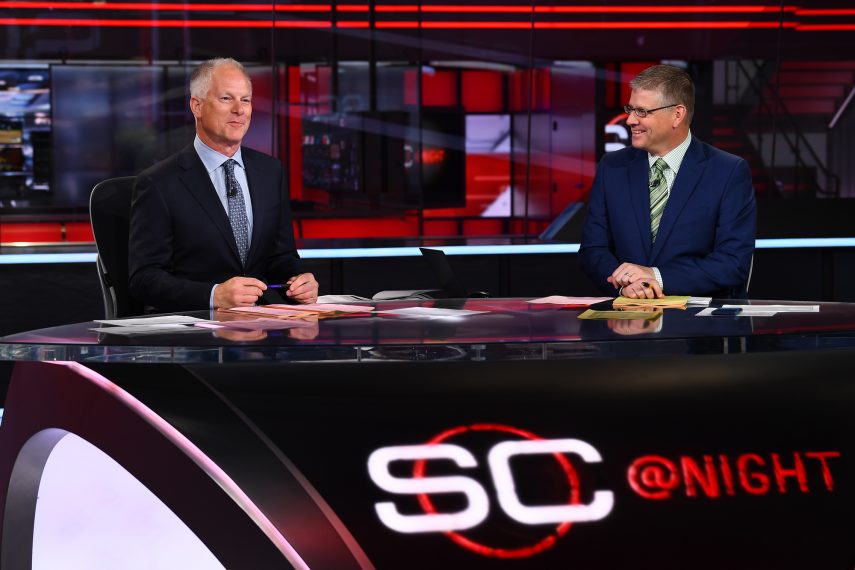
Bristol, CT – June 6, 2017 – Studio X: Kenny Mayne and John Anderson on the set of SportsCenter
(Photo by Joe Faraoni / ESPN Images)
ESPN
Also debuting in 1979, with Chris Berman and Dick Vitale among its on-air contributors, the sports network has consistently shared news and live events with fans, with flagship series SportsCenter there since opening day.
HSN
The Home Shopping Network launched in 1985 with the simple premise that commercial television could exist and thrive. And it has, as do various offshoots and competitors.
TCM
Ted Turner was one of cable TV’s earliest visionaries. His TBS superstation basically started national cable networks, and his CNN was the first 24-hour news network. Yet his boldest move may have been to have faith in the worth of a large, vintage film library. Since its 1994 debut Turner Classic Movies, hosted primarily by Robert Osborne until his death last year, has showcased and celebrated the history and artistry of film.
The Weather Channel
This network has changed a bit since its 1982 premiere—but so has the weather. And whenever there’s a major national meteorological disturbance, it’s still the place to turn.
In cable, satellite and streaming TV, the more things change, the less they stay the same. A few of those operations, though, got it right the first time and have been impressively consistent ever since.
David Bianculli is a TV and film professor at Rowan University, New Jersey, and appears as a critic and guest host on NPR’s Fresh Air With Terry Gross.
David Bianculli is a TV and film professor at Rowan University, New Jersey, and appears as a critic and guest host on NPR’s Fresh Air With Terry Gross.


